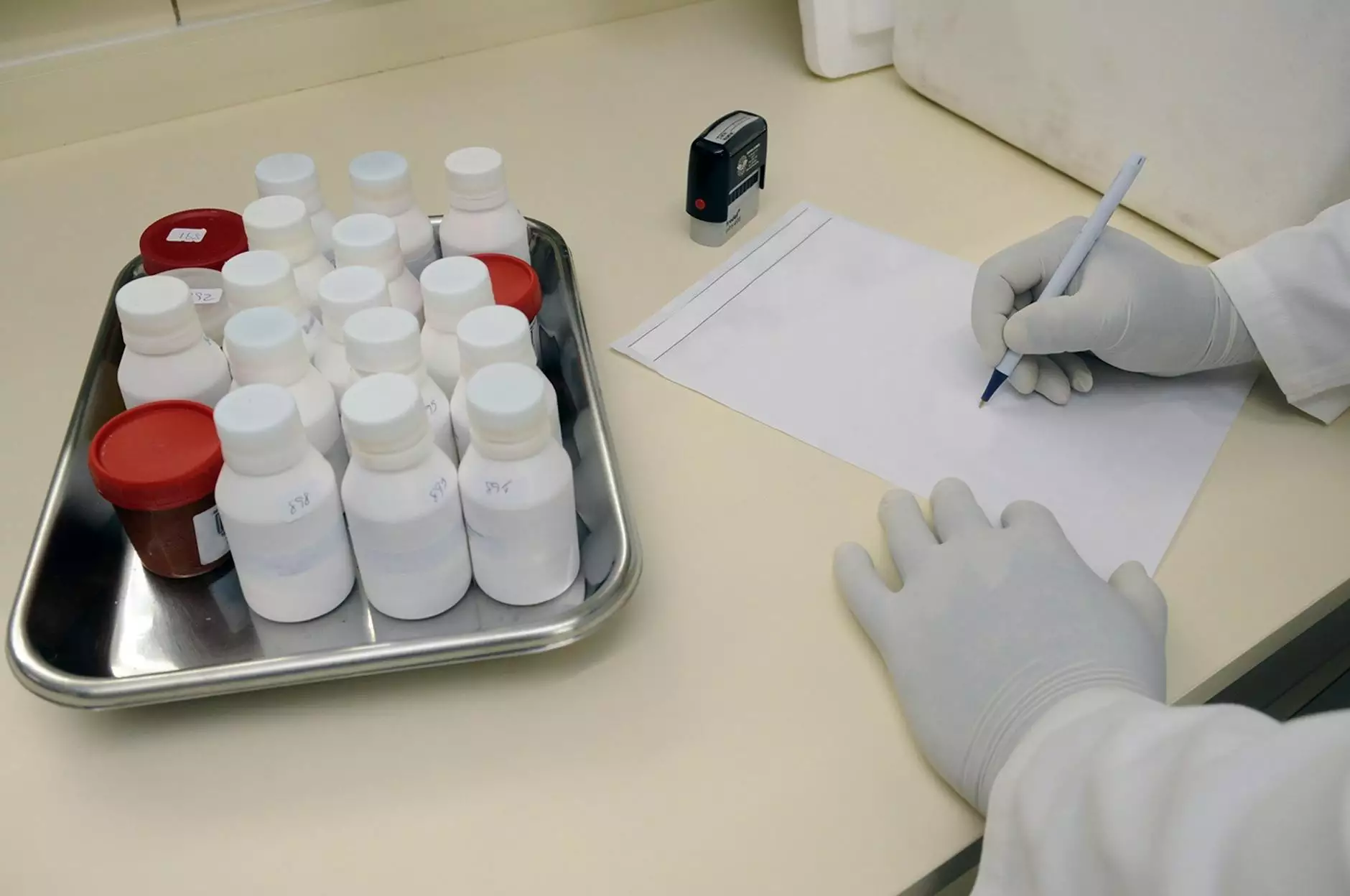What a Lab Report Rubric Involves

In the realm of scientific studies, a lab report plays a pivotal role in conveying the results and significance of various experiments conducted. It serves as a detailed record of the experimental process, observations, and conclusions drawn from the data. Lab reports are essential when it comes to evaluating the scientific skills and understanding of students. To ensure consistency and effectiveness in assessing lab reports, educators rely on lab report rubrics.
The Significance of Lab Report Rubrics
Lab report rubrics provide a structured framework for evaluating student lab reports objectively. These rubrics consist of a set of criteria and corresponding performance levels, which guide educators in assessing various aspects of the lab report, such as content, organization, analysis, and presentation. By utilizing a lab report rubric, educators can provide students with clear expectations and criteria for success, enabling them to understand specific areas that need improvement.
Key Components of a Lab Report Rubric
A well-designed lab report rubric typically includes the following key components:
- Introduction: This section assesses the clarity and effectiveness of the introduction, including the background information, objectives, and hypothesis.
- Methodology: Here, the rubric evaluates the level of detail and accuracy in describing the experimental procedure, including materials used, variables, and control measures.
- Data Collection and Analysis: This component focuses on the accuracy and thoroughness of data collection, data analysis methods utilized, and the interpretation of results.
- Discussion and Conclusion: The lab report rubric examines the depth of analysis and critical thinking demonstrated in the discussion and conclusion sections, such as linking the results to the initial hypotheses and providing plausible explanations.
- Organization and Structure: This aspect pertains to the overall organization, coherence, and clarity of the lab report, including appropriate use of headings, subheadings, and formatting.
- Grammar and Language: The rubric also considers the proper use of grammar, spelling, and scientific terminology throughout the report.
The Benefits of Using Lab Report Rubrics
Lab report rubrics offer various benefits for both educators and students. For educators, these rubrics provide a consistent and fair method of evaluating lab reports, enabling them to provide constructive feedback that helps students improve their scientific writing skills. For students, lab report rubrics serve as a valuable learning tool by offering clear guidelines on what is expected, allowing them to focus on specific areas of improvement and develop stronger scientific communication skills.
How Lab Report Rubrics Enhance Learning
By utilizing lab report rubrics, students can gain a deeper understanding of the expectations and requirements of scientific writing. Rubrics encourage students to think critically, analyze data effectively, and communicate their findings in a structured and organized manner. Through the use of specific criteria and performance levels, lab report rubrics provide students with actionable feedback, allowing them to make informed revisions and strengthen their overall scientific competence.
The Knowledge Nest - Your Source for Lab Report Rubric Information
At The Knowledge Nest, we understand the importance of lab report rubrics in helping students excel in their scientific studies. Our comprehensive resources provide valuable insights and guidance on various aspects of lab report rubrics. We aim to empower students with the knowledge and skills needed to create impactful and high-quality lab reports.
Explore Lab Report Rubric Resources at The Knowledge Nest
Our website offers a wide range of articles and guides related to lab report rubrics. Whether you are a student looking to enhance your understanding or an educator seeking effective assessment strategies, we have the resources you need. Our well-researched content covers topics such as designing effective rubrics, analyzing and interpreting rubric results, and providing constructive feedback to students.
Maximize Your Scientific Potential
By leveraging the power of lab report rubrics, you can take your scientific potential to new heights. Develop a strong foundation in scientific writing, critical analysis, and effective communication by using lab report rubrics as a tool for growth. At The Knowledge Nest, we are committed to supporting your journey towards academic excellence.
Start Excelling in Your Scientific Studies Today!
Visit The Knowledge Nest now to access our comprehensive resources on lab report rubrics. Empower yourself with the knowledge and skills to create exceptional lab reports that showcase your scientific abilities. Take a step towards academic success and unlock your full potential.










